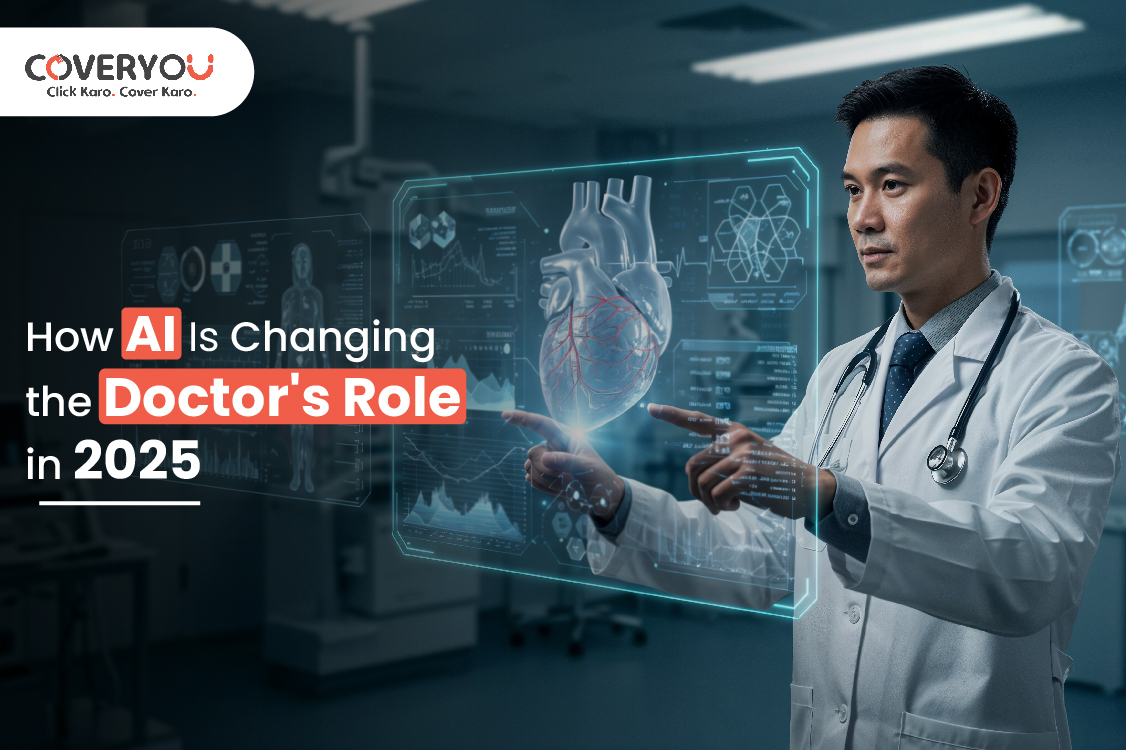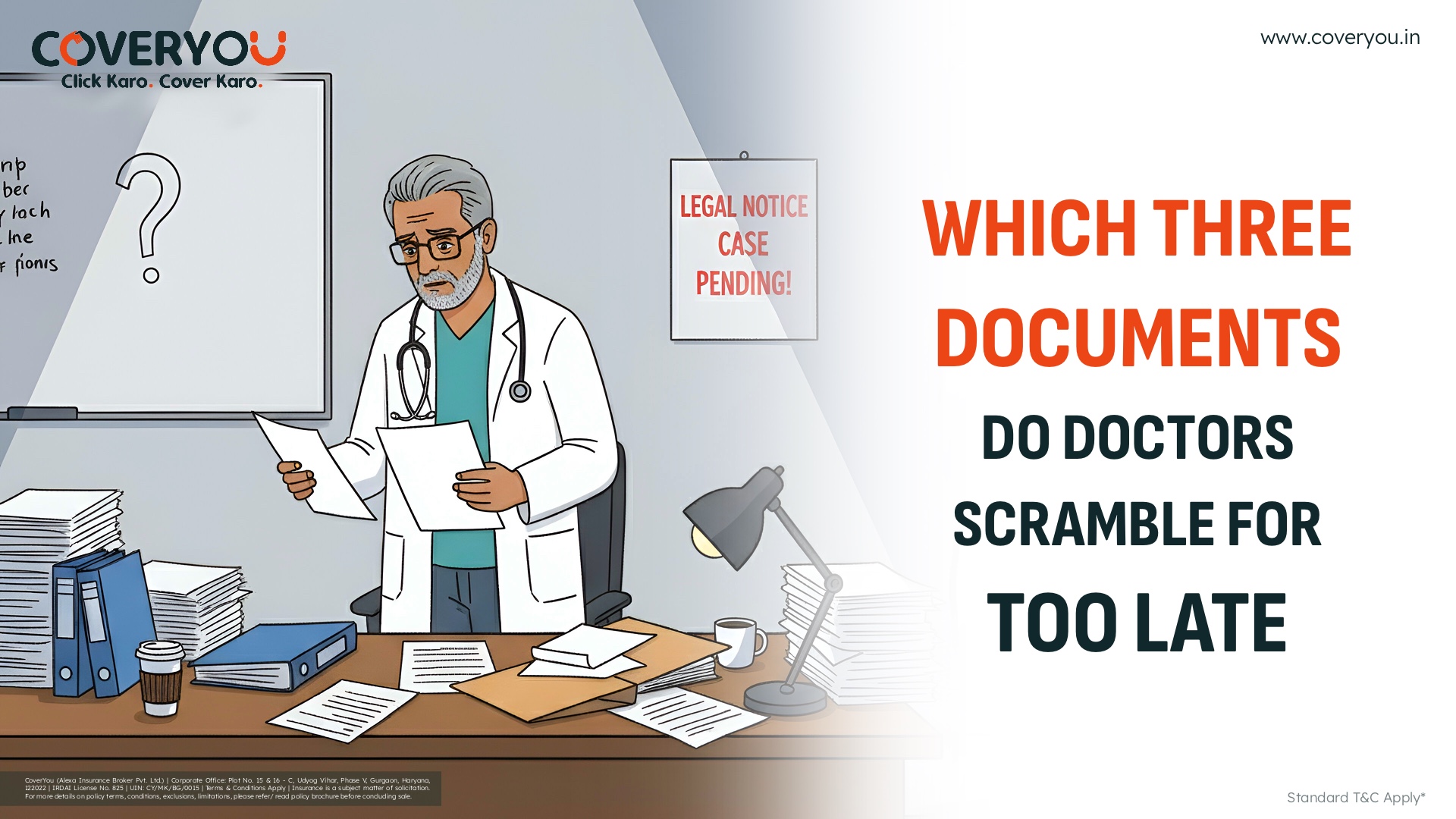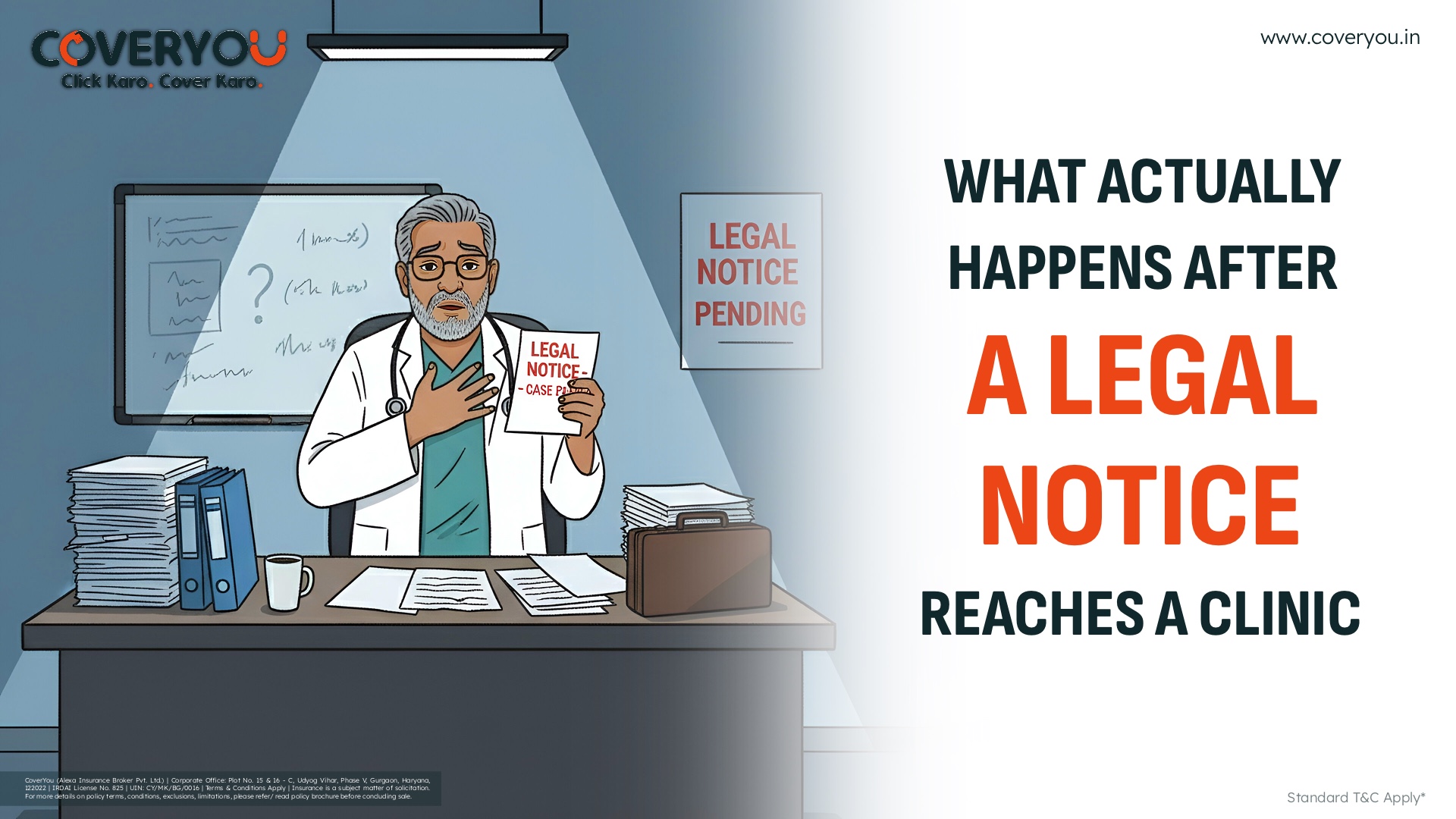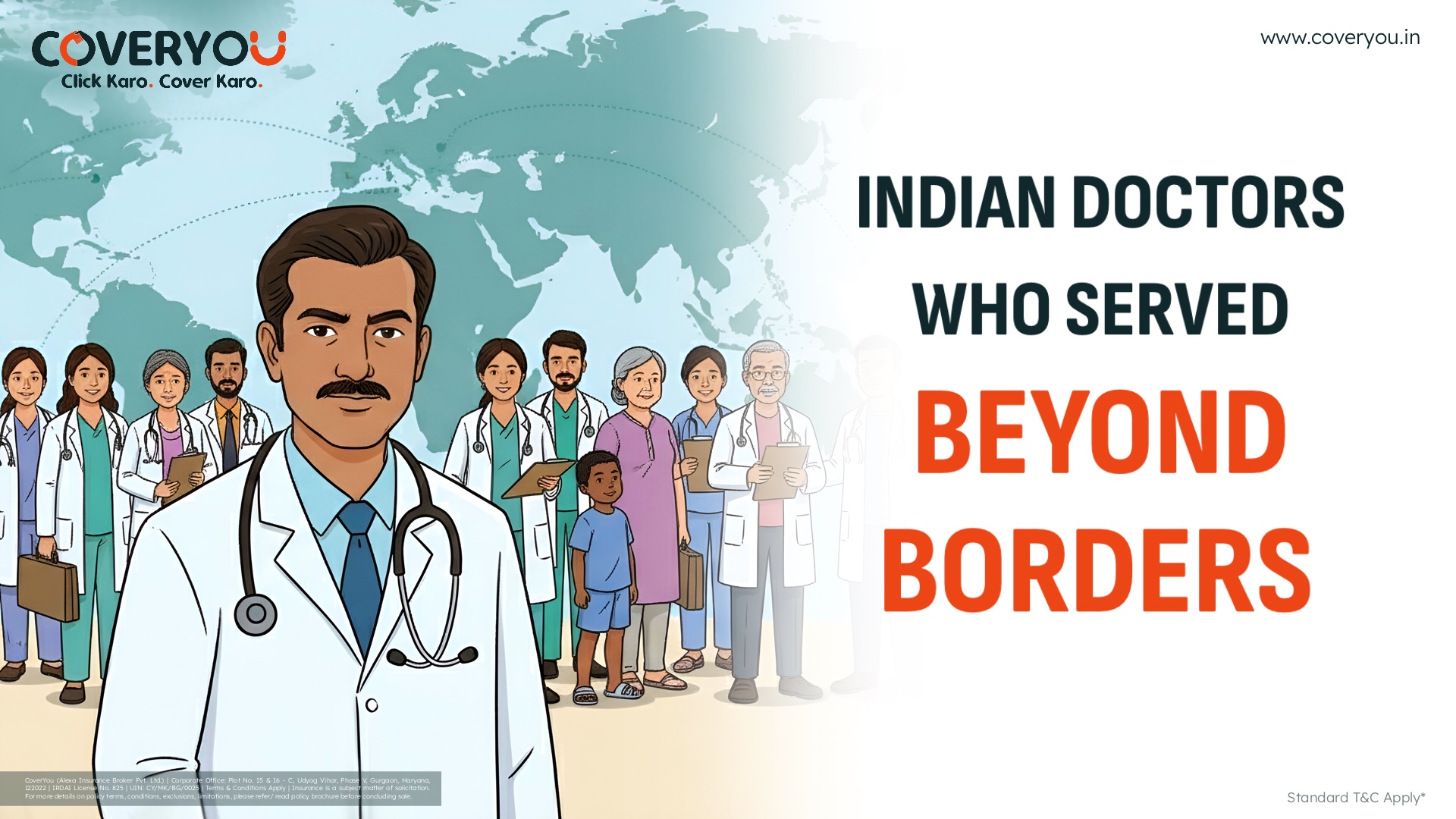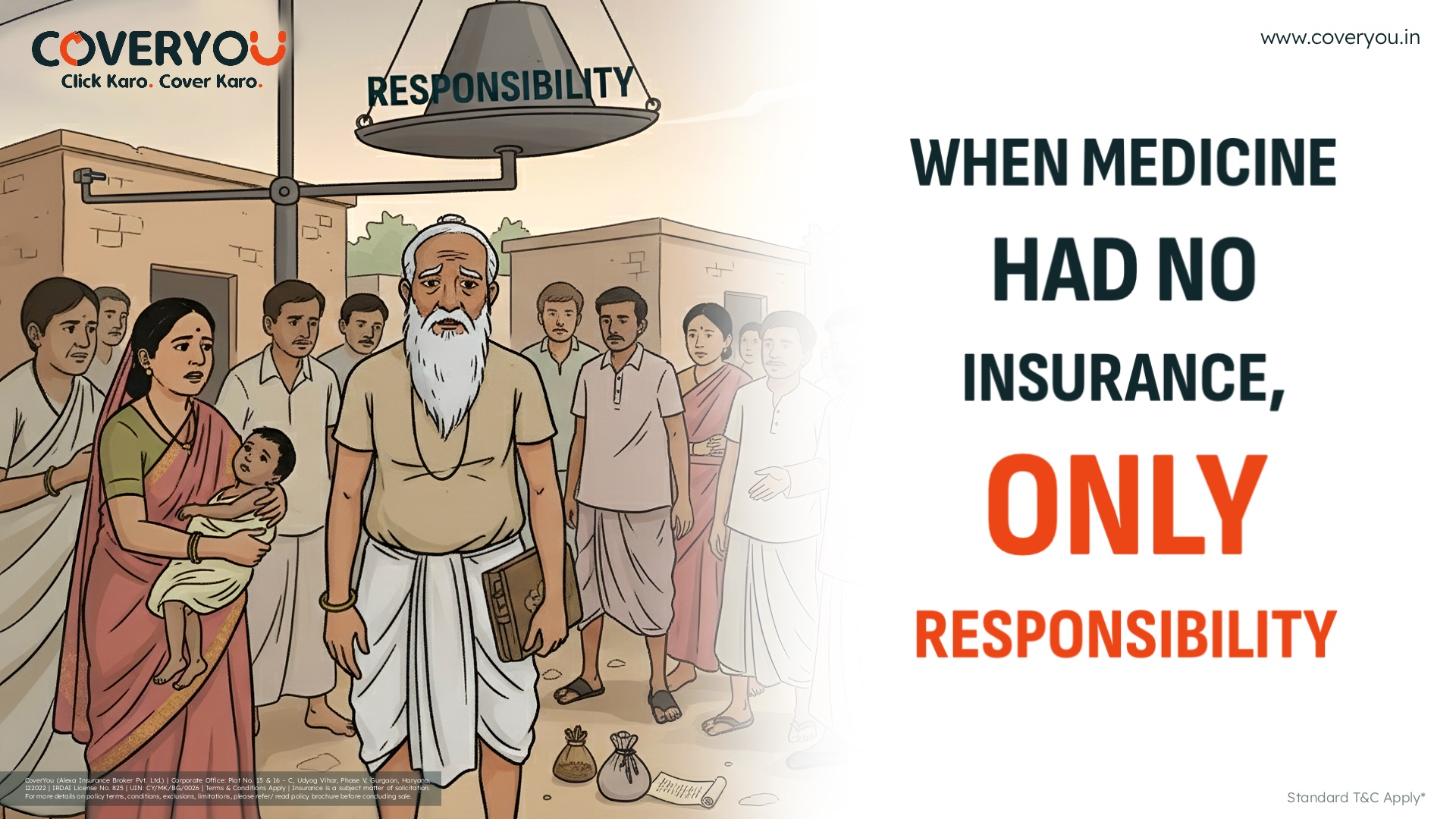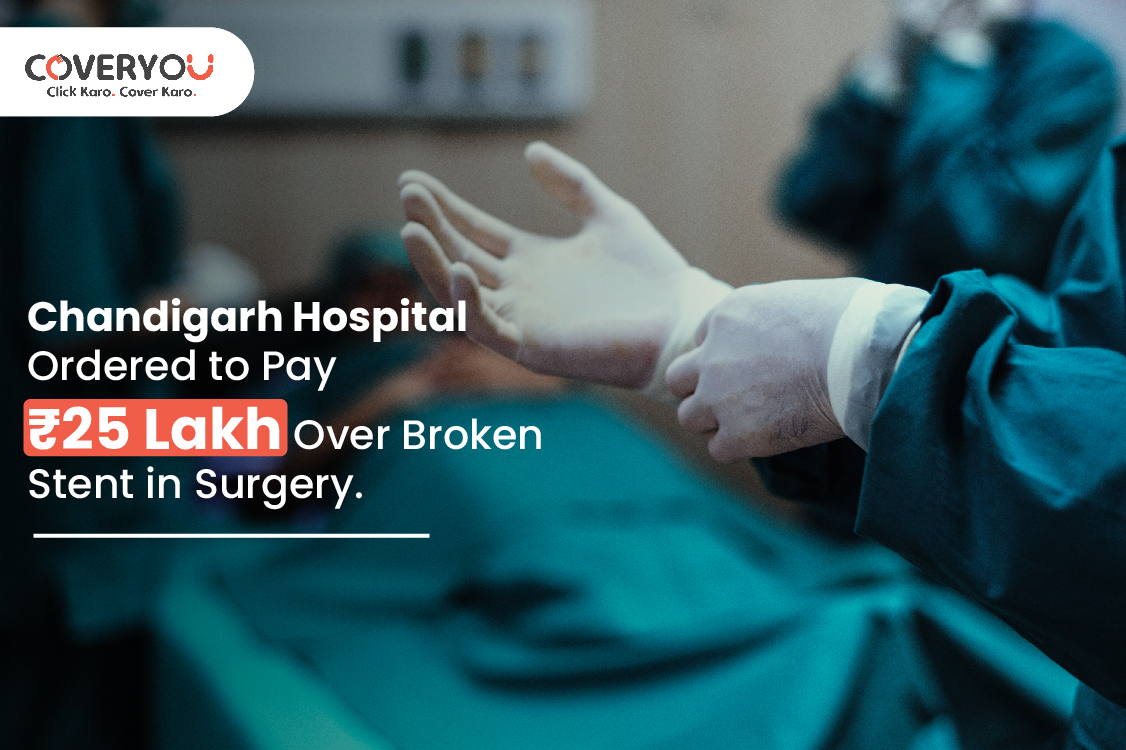How AI is changing the role of a doctor is no longer a what-if for the future. It’s the defining dilemma of practice today. At Digestive Disease Week (DDW) in San Diego, more than 12.000 doctors gathered to address this reality. At the heart of the discussion is how artificial intelligence is not displacing doctors, but redefining their role.
The New Stethoscope Is Code
Think about it, a gastroenterologist passes an endoscope as part of a standard colonoscopy, but in addition to their trained eye, an AI system identifies an early-stage polyp. Something that perhaps even the most keen eye may have overlooked. The moment, unobtrusively fueled by software, could alter the patient’s life.
It isn’t science fiction. It’s already underway
In a groundbreaking session by Dr. Prateek Sharma, president of the American Society for Gastrointestinal Endoscopy (ASGE), and Dr. Eric Horvitz, chief scientific officer at Microsoft. Doctors were taken through exactly how AI is being integrated into the very practice of care.
From Burden to Breakthrough
AI is now doing real-time detection and diagnosis (CAD and CADx), workflow optimization, appointment scheduling enhancement, and even real-time coaching of procedures. It’s lowering the documentation load that doctors have struggled with for so long.
Dr. Sharma reported that in his practice, AI-powered scheduling tools have cut patient waiting times and enhanced throughput without exhausting staff. At the same time, AI-assisted diagnosis within endoscopy has already begun increasing accuracy rates at practices across America. But it’s not about the machines replacing us. As Dr. Horvitz said, “AI should amplify, not override clinical judgment.”
That was a message that resonated with doctors under the double pressures of staying current with science and making it through the system.
What Doctors Need from AI
Doctors are not requesting a machine to substitute for their years of school, their experience, or their connection with patients. They’re requesting assistance, clever assistance. Dr. Horvitz reiterated that “AI needs to be explainable, transparent, and clinically validated.” Equipment is not only supposed to function but also to make sense to those who use it. If a system alerts to a diagnosis or a procedure, the reason behind it has to be understandable.
And this is where things become serious: future doctors need to be AI-literate. “AI will not replace you. But a doctor who can utilize AI may,” said Dr. Sharma. That wasn’t a threat; it was a wake-up call.
What Comes Next for the Doctor
So what does this mean to practicing doctors in India or anywhere else?
- Stay Curious: Read, attend, and participate in AI talks even if it’s not your area.
- Get Involved: Give voice to AI development. Physicians need to sit around the design table.
- Push for Policy: Encourage regulation that ensures AI is safe, ethical, and clinically led.
- Learn the Language: You don’t need to code, but becoming familiar with how AI operates will soon be as fundamental as knowing ECG waves.
This Is Not About Technology. It’s About Responsibility
The fireside chat at DDW was more than a lecture; it was an imperative. Doctors need to take the lead in integrating AI into practice with evidence, ethics, and compassion at its center. AI is not rewriting the physician’s role by eliminating it but rather reframing how to heal, how to diagnose, and how to decide.
We are on the threshold of an age in which clinical judgment interfaces with machine smarts. And the doctors who succeed won’t be the ones with the most elaborate machinery; they’ll be the ones who appreciate that technology is nothing more than a tool in the advancement of human care.
